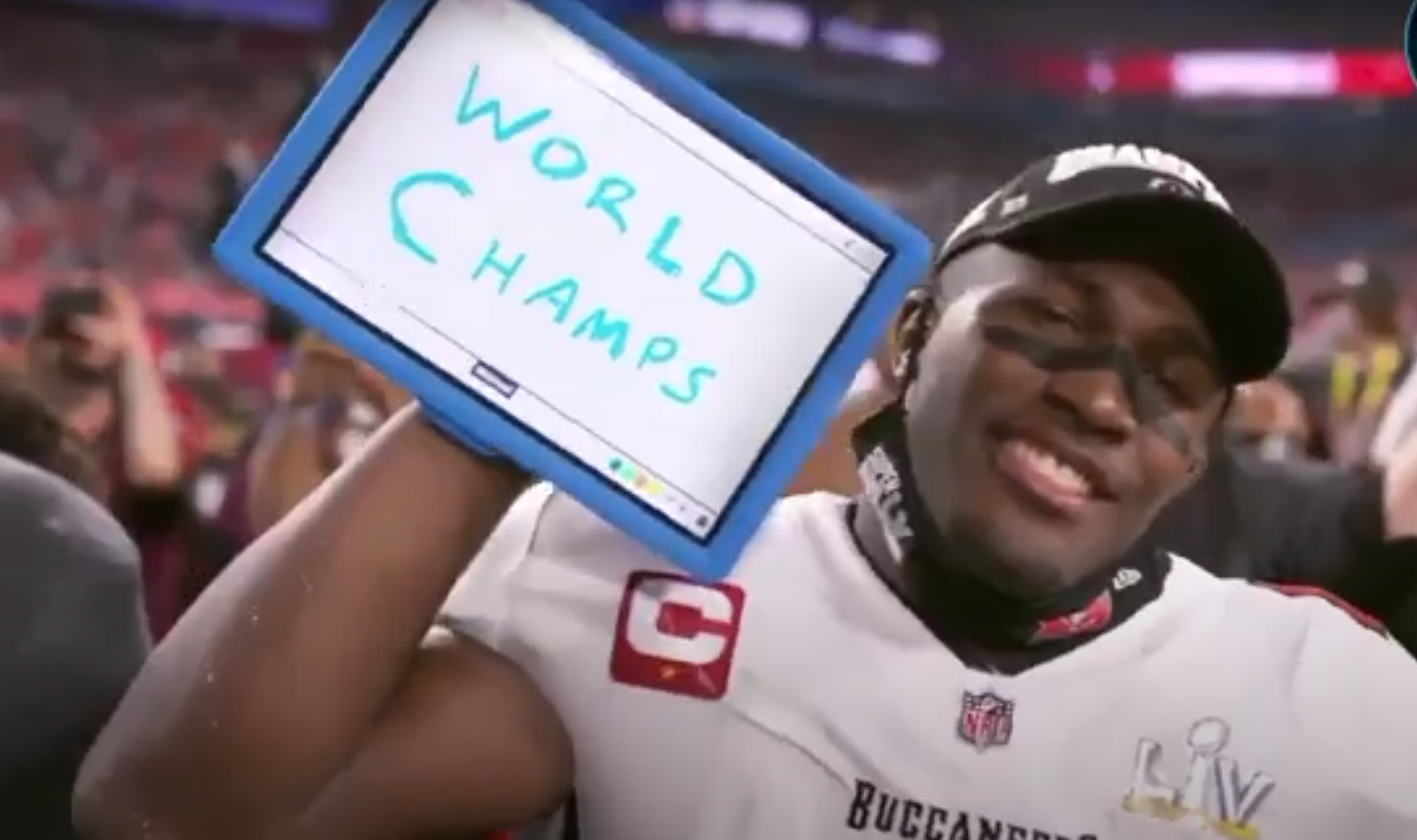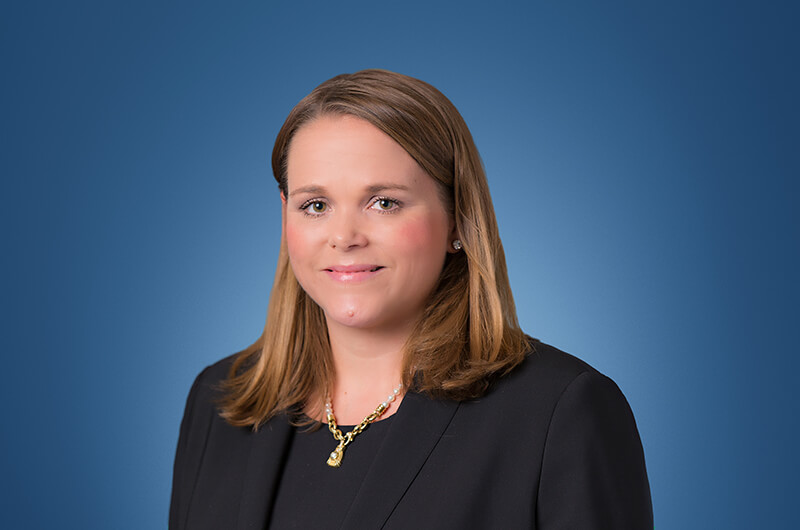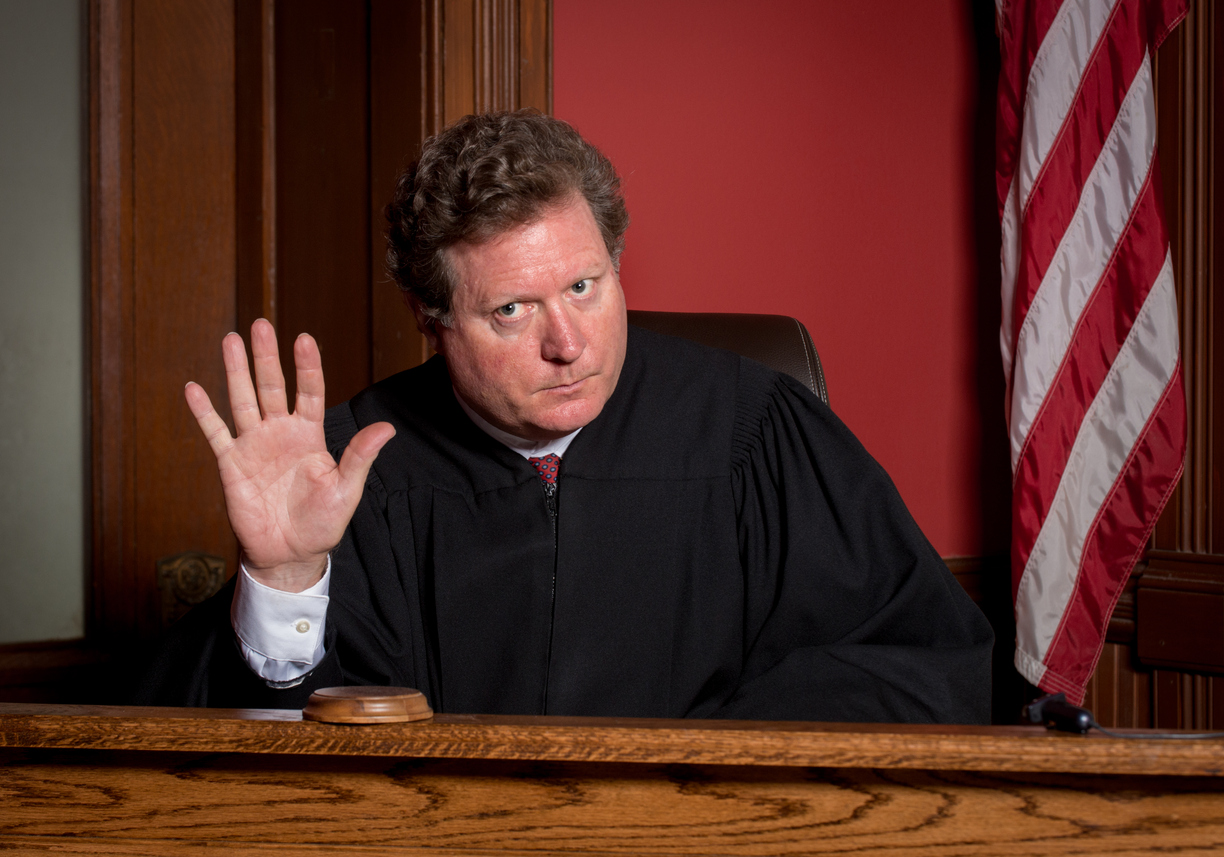The Tampa Bay Buccaneers won the Super Bowl last night. While Tom Brady has another MVP trophy he will need to think about insuring—as I suggested in yesterday’s post, Are Your Trophies Covered Property, the Bucs defense underscored the reason for the victory. I could not sleep with victory fireworks still being unleashed at 2 a.m. in Garrison Channel. During this never-ending barrage of glitter, booms, and lights that did not finally cease until 4 am, I started thinking about how stopping losses with preventative measures leads to success with property insurance as well with football games.
Protective safeguards should always be on the mind of building owners when it comes to their property. Insurance policies can make requirements in the policy or policy endorsements that call for the policyholder to undertake certain actions which are known as “protective safeguards.” IRMI notes the purpose of these:
These endorsements are used for different reasons. Some insurers provide a premium discount for actions that reduce risk. Underwriters want to ensure that such safeguards are implemented and maintained by issuing an endorsement. Other underwriters contend that certain [risks] may not be insurable without imposing mandatory safeguards. Still others simply want to reduce their exposure to loss, and they view these endorsements as a tool to accomplish that.
The problem is that if these requirements are found in your policy but they do not exits or do not work, this can lead to claim denials, as noted in, Protective Safeguards Endorsements: Does Your Policy Have One?:
We see many commercial insurance claims denied because the insured did not maintain a particular “protective safeguard” required by the policy. For example, a policy may require burglar alarms, and exclude coverage for theft if alarms are not working at the time of a loss. Or, a policy may require fire sprinklers, and exclude coverage for fire loss if the property does not have any. Some provisions may even allow the insurer to deny coverage if the insured failed to have a contract in place for regular service of the protective safeguard, something often seen for Ansul systems in restaurants. Courts across the country have almost uniformly upheld the validity of these endorsements.
The bottom line is that the best loss is the one that never happens. Public policy supports loss prevention and mitigation. The old saying that the best offense is a strong defense is especially true with property insurance. The danger is when your defense fails to show up and you were required to have one.
The Tampa Bay Buccaneers defense showed up and the results speak for themselves.
Thought For The Day
How sweet it is!
—Jackie Gleason




